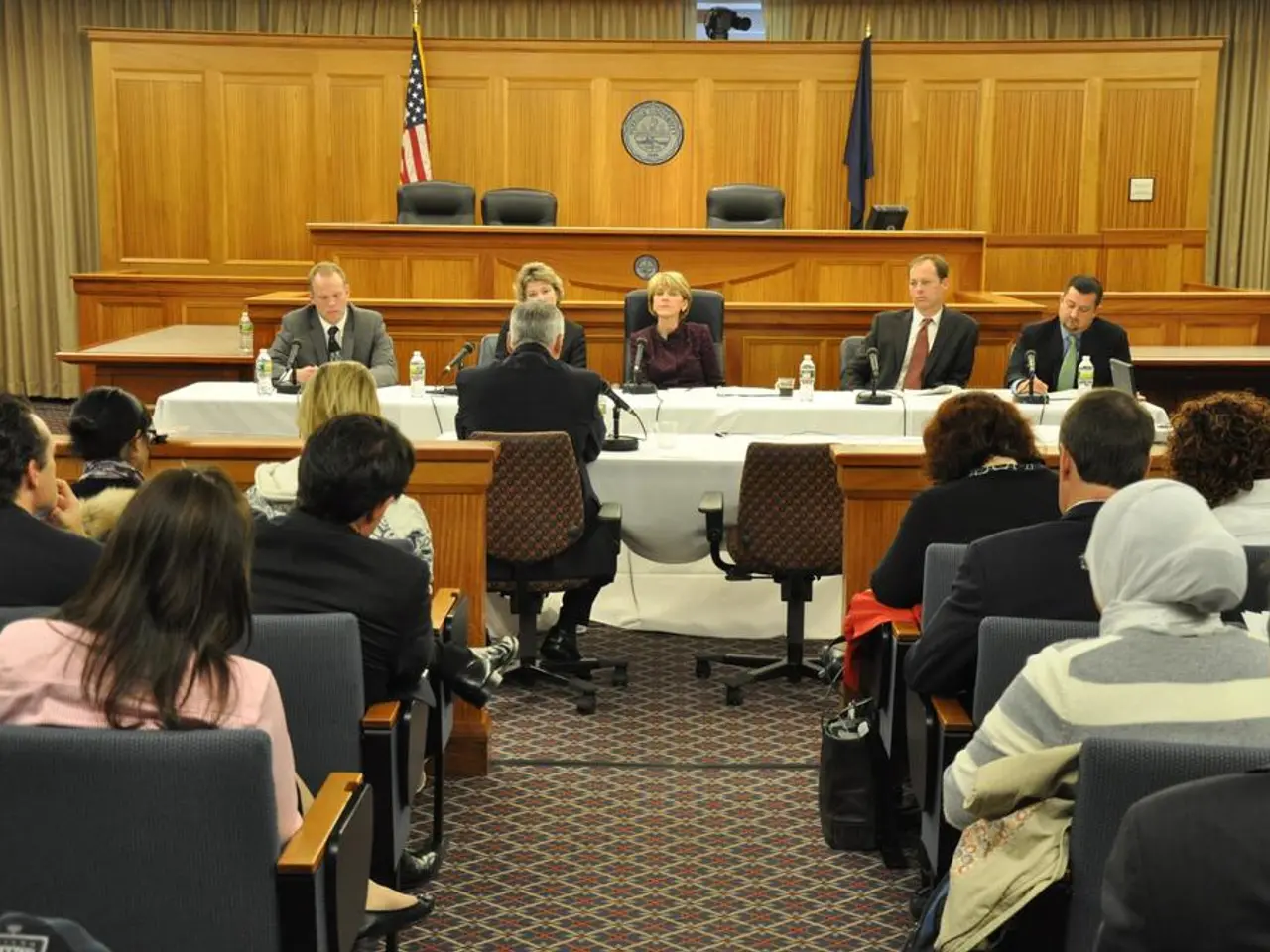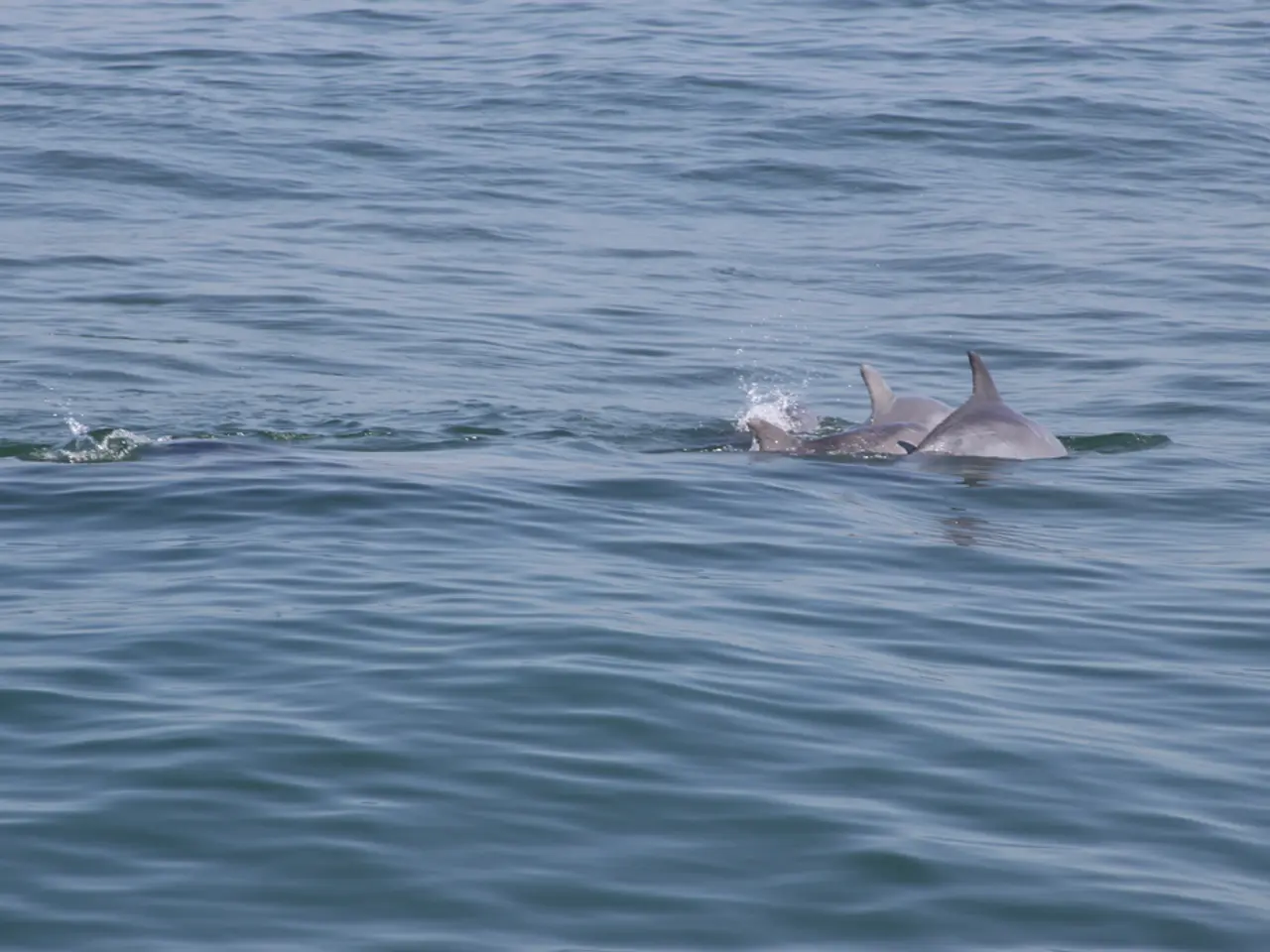Israel reinforces its focus on Gaza once more following a conflict with Iran.
New Focus for Israeli Army Post-Iran Conflict
"Let's set our sights on Gaza" says Lt. Gen. Eyal Zamir after a temporary truce with Iran. The Israeli military faced off against Iran starting June 13, targeting the Middle Eastern nation's nuclear program and missile production, considered a direct threat to Israel's security.
A New Chapter Awaits
The war with Iran served as a significant setback for Iran's nuclear program, according to the military chief, delaying its progress by several years. However, he stresses that the battle against Iran isn't over, but has entered a new phase.
With Associated Press
The Israeli army's past operations mainly focused on slowing down Iran's nuclear ambitions and crippling its internal security institutions. Israel strategically targeted institutions like the Iranian Law Enforcement Command, Basij, and IRGC provincial units to exert pressure and destabilize the regime, without attempting to overthrow it. Remarkably, in the midst of the conflict, Israel struck the IRGC Imam Hassan Mojtaba Corps headquarters, eliminating at least 23 members, including high-ranking officials.
In response, Iran carried out missile attacks against Israeli cities, although the accuracy of their weapons was limited. Israeli missile defense systems effectively deflected many threats.Before the truce, Israel disarmed numerous missile launchers poised to target Israel in Iran's west, preventing a massive barrage.
The temporary ceasefire was arranged with the United States. Israeli Prime Minister Netanyahu claimed that all objectives were achieved, and Israel agreed to the U.S.-proposed peace deal. In turn, Iran ceased firing missiles at Israel. However, a final barrage caused casualties just before the truce took hold.
Post-ceasefire, the Israeli Defense Forces shifted their attention to maintaining control over their recent gains and applying constant pressure on Iran. The goal is to hinder future conflicts and stand ready to respond swiftly to any ceasefire violations. Israel's persistent efforts to deter Iran through regime instability and preparedness to retaliate violently to any hostilities continue, as part of a fragile but stable temporary peace[1][2].
In essence:
- A temporary truce is in place following a two-week Israeli air campaign against Iran's nuclear and internal security targets.
- Israel managed to significantly set back Iran's nuclear progress, causing substantial damage to enrichment facilities and key security units.
- Iran launched missiles at Israel, but their precision was limited, and many attacks were thwarted.
- The truce was coordinated with the United States, accepted by both sides, with a few last-minute rocket attacks.
- Post-truce, Israel's military mission remains focused on applying pressure on Iran, deterring future aggression, and responding decisively to any ceasefire infractions.
This reflects a precarious but steady pause in hostilities, as Israel emphasizes regime pressure and deterrence as the core strategy moving forwards[1][2].
Despite the temporary ceasefire, politics and general news continue to revolve around war-and-conflicts as the Israeli Defense Forces adjust their focus, aiming to maintain control over their recent gains and applying constant pressure on Iran to deter future conflicts. Post-truce, it's evident that the Israeli army's main concern remains the ongoing war-and-conflicts with Iran, ensuring preparedness to respond decisively to any ceasefire infractions.








